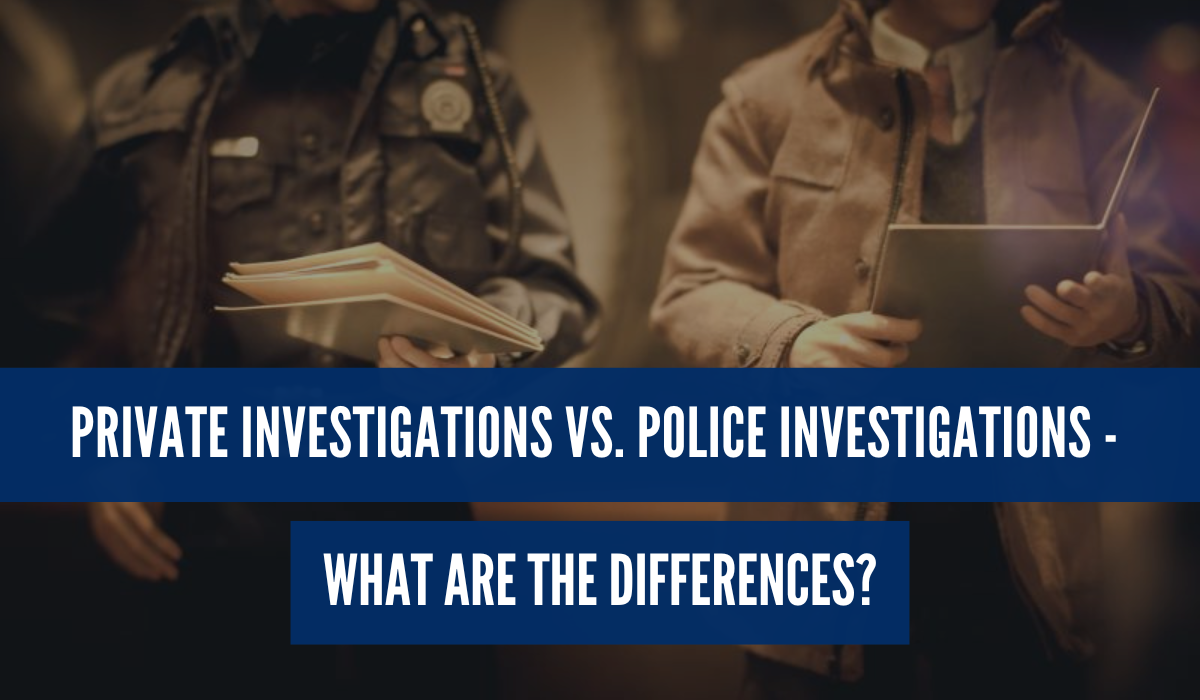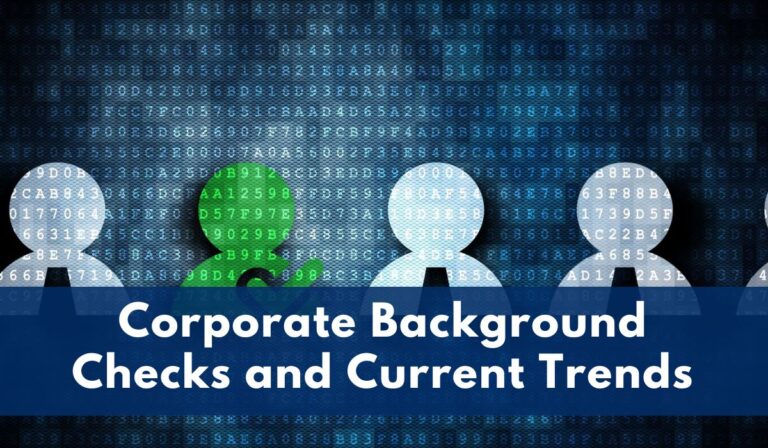Private investigations and police investigations are two distinct forms of investigative processes employed to gather evidence and solve cases. While both serve the purpose of uncovering information and resolving legal matters, there are significant differences between the two approaches. Understanding these disparities is crucial for individuals seeking investigative services or those interested in pursuing a career in law enforcement or private investigation. In this article, we will explore and elucidate the dissimilarities between private investigations and police investigations, highlighting their contrasting features, methodologies, and scopes.
1. Nature and Objective
Police Investigations:
- Conducted by law enforcement agencies, such as the police or federal authorities.
- Aim to enforce laws, maintain public order, and protect society.
- Focus primarily on criminal activities and violations of statutes.
- Typically initiated in response to reported crimes, public complaints, or other legal obligations.
- Operate within the legal framework and jurisdiction of the respective governing body.
Private Investigations:
- Carried out by licensed private investigators or investigative agencies.
- Serve the interests of private clients, including individuals, corporations, or attorneys.
- Cover a broader range of cases, including criminal, civil, corporate, and personal matters.
- Often initiated by clients seeking assistance with legal disputes, suspicions, or gathering information for personal or business purposes.
- Conducted within the boundaries of applicable laws and regulations, but with more flexibility in terms of scope and methods.

2. Authority and Powers
Police Investigations:
- Possess legal authority and extensive powers granted by the state or governing jurisdiction.
- Authorized to make arrests, execute search warrants, seize evidence, and interrogate suspects.
- Enjoy access to various law enforcement databases, resources, and cooperation from other agencies.
- Subject to strict legal protocols and oversight to safeguard individuals’ rights and prevent abuse of power.
Private Investigations:
- Operate under the authority of the client who retains their services.
- Do not possess law enforcement powers, such as making arrests or executing warrants.
- Rely on investigative techniques like surveillance, interviews, background checks, and data analysis to gather information.
- Access public records, online databases, and open-source intelligence.
- Must adhere to legal and ethical boundaries, respecting privacy rights and avoiding illegal or intrusive methods.
3. Resources and Limitations
Police Investigations:
- Backed by the resources and infrastructure of law enforcement agencies.
- Can access specialized forensic labs, crime scene units, and expert personnel.
- Benefit from collaboration with other law enforcement agencies, task forces, and interagency cooperation.
- Generally have greater access to public funding and government support.
- Often face resource constraints and heavy caseloads, potentially affecting response times and thoroughness.
Private Investigations:
- Rely on their own resources or those provided by their clients.
- May have access to a network of contacts, informants, or specialized consultants.
- Operate within a defined budget and scope of work agreed upon with the client.
- Flexible in terms of focusing resources on specific areas or cases of interest to the client.
- Lack the extensive resources and coordination available to law enforcement agencies.

4. Reporting and Accountability
Police Investigations:
- Subject to strict protocols for documenting and reporting findings.
- Required to provide regular updates to supervisors, prosecutors, and other relevant parties.
- Accountable to the public, government agencies, and the justice system.
- Findings can lead to criminal charges, court proceedings, or other legal actions.
- Investigations and related records are typically accessible through public records requests, subject to legal restrictions.
Private Investigations:
- Accountable primarily to the client who commissioned the investigation.
- Must maintain confidentiality and protect sensitive information.
- Responsible for providing accurate and detailed reports to the client.
- Findings are generally used for civil litigation, business decisions, or personal knowledge and may not result in criminal charges.
- Private investigation records are not typically subject to public disclosure laws.
Private investigations and police investigations differ in their nature, objectives, authority, resources, and accountability. Police investigations focus on enforcing laws and maintaining public order, while private investigations cater to the interests of individual clients. Police investigators have legal authority and extensive powers, while private investigators operate within the boundaries of the law and rely on their clients’ authority. Understanding these distinctions can help individuals make informed decisions when seeking investigative services or considering a career in law enforcement or private investigation.










